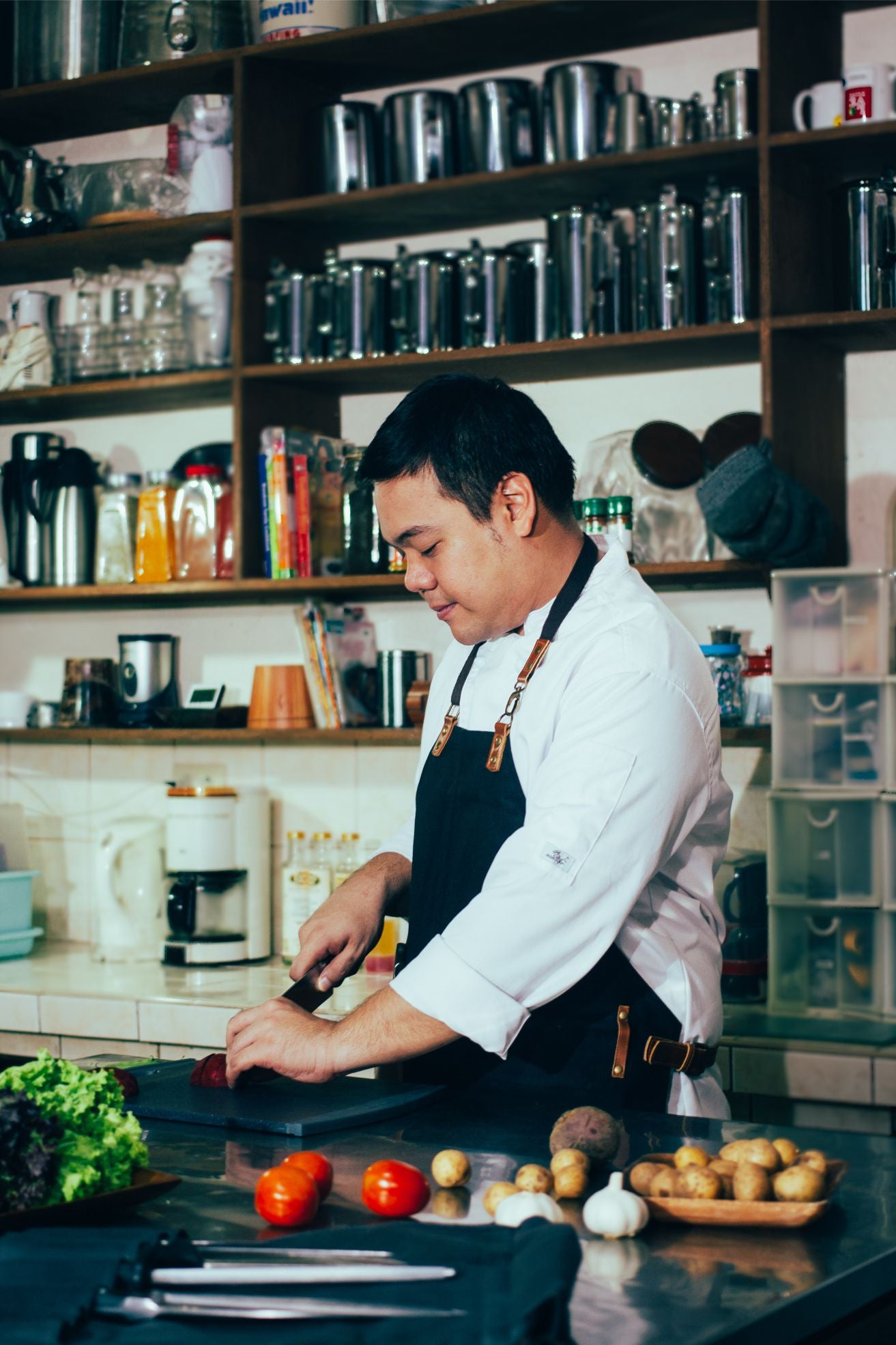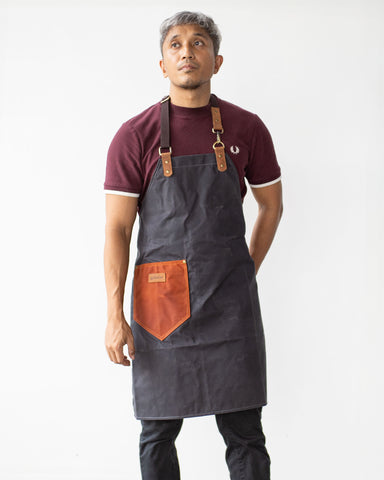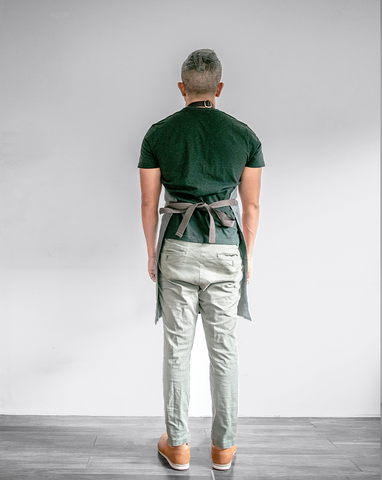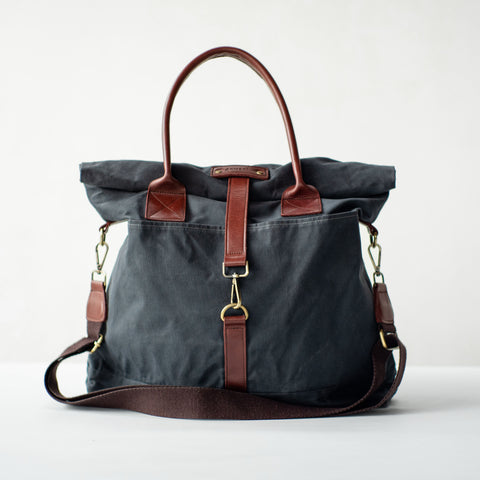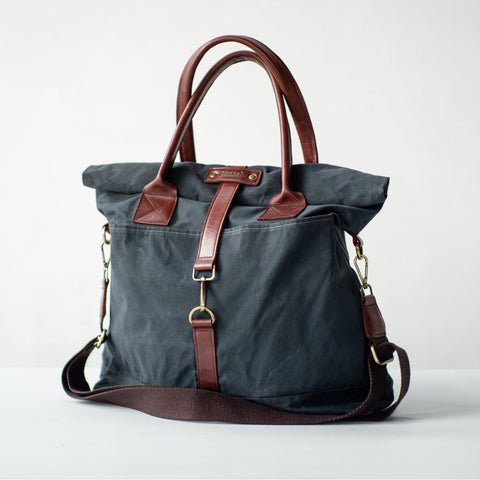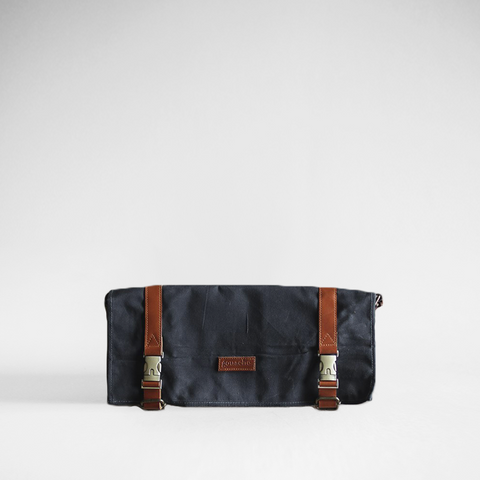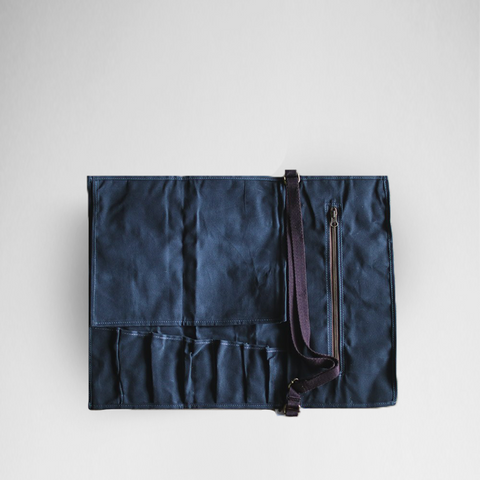All roads lead to food—this is true, especially so, in the journey of Chef Iñigo Arenal.
While the plan right now is to eventually get to Miami, Florida, in order to immerse himself in its highly competitive culinary atmospheres, this wasn’t the original destination that Iñigo set out for himself. Having finished a degree in Economics, his first professional stint actually began in the corporate world as a Financial Analyst, which is fitting given his degree. Soon, however, he shifted from the realm of budgets and costing towards the realm of handling and being with people, as he became part of Human Resources as an Executive Search Consultant. Alongside both, he was helping out the small family business of a Bed and Breakfast named The Coffee Farmhouse.
The trigger for this adventure was simple—since he was going to inherit The Coffee Farmhouse, why not educate himself about food? It was then that all the previous stops in his career itinerary made sense. He was after all already into the world of food, being the type of person to try out as many possible cuisines and restaurants. All these, along with everything he learned about the value of money and people, about respect and investments, pointed to one direction: why not go to the culinary world?
And so he went.

What’s it like to be a chef?
It’s great! Being a Filipino, I learned that the best way to bring people together is through food. We have this unusual love and respect for food. There was a different appreciation once I got to be behind the kitchen and be the one to prepare the food. Food, no matter how good it was already, just became more awesome when you prepare it yourself.
What made you decide to be a chef?
Honestly, it was out of necessity at first. I was going to inherit a business that was related to food and I thought to myself that it would only make sense if I educated myself with the culinary arts. I started with a short course of 4 months then upgraded to 8 months and eventually got to experience a whole lot of work as a culinary student. The highlight would have to be my experience of competing as a representative of the school in the Philippine Culinary Cup. Then everything just fell right into place.
What/Who are your cooking inspirations?
When I was young, my grandmother would be the only “Chef” I loved. Eventually my mom filled her shoes and became my biggest inspiration. I think that every Filipino would say that the best cook that they know would be their mothers and I guarantee my mother’s taste. Professionaly, Chef Ferran Adria would have to be the most influential chef for me along with Chef Massimo Bottura.
What can you say about our country’s culinary industry?
Sadly, I think that the culinary industry in the Philippines is so under-evolved. I think we have leaps and bounds to go before we can say that we are globally competitive when it comes to our culinary prowess. However, it is not strange because the culture of food reflects the culture of its people. That is to say it is not our fault because we lack our own identity as a people because of the many colonizers that came before us. Our culinary practices are a combination of our colonizers i.e. Spanish, American and Japanese. It is still very difficult to say that we have our own Filipino cuisine when much of the dishes we are proud of are not our own. Adobo comes from the Spanish word “adobar” which means marinade while Sinigang comes from the Malaysian dish Singgang. I dream of the time when we develop our own cuisine and establish our own identity in the culinary world.

What do you think is the most important thing about being a chef?
I think it’s very important for a chef to never lose their craving for learning. There are millions of ingredients available in the world and even more ways to mix, match and combine them to create something amazing. It’s important to never lose sight of why a chef wanted to become a chef in the first place. And I firmly believe that no matter what those reasons may be, a chef will never run out of ways to improve their craft of cooking.
What keeps you going?
What keeps me going is my thirst of learning everything I can out of this craft of cooking. The problem about cooking is that there are no short-cuts; experience is an absolute necessity. Any kind of craft only becomes worthwhile when you put your time and effort into it.

What is your biggest dream?
I have two big dreams – one that seems impossible and one that is less impressive but equally amazing and requires time and effort. One is that I hope to be the first Filipino Michelin-starred Chef. Another is that I hope to establish multiple restaurants that cut across the different classes of society. People may think that a chef is only great when they are able to put up a fancy restaurant with their own name. I want to be a great chef that caters to everybody and that means restaurants with different business models. I want a small fast-food place that caters to the low to middle-income citizens. I want a line of coffee shops that cater to the middle to high-income class and finally I want my own fancy restaurant that caters fine-dining for the society’s elite. Food is for everyone and everyone deserves good food no matter how much money they have.

It’s very clear that Chef Iñigo sees food not just as a utility and human need—food has the capacity to satisfy more than just hunger. When a meal can bring something out of a person, especially feelings of happiness and satisfaction, that is the experience that Iñigo wants to create. It’s that connection between chef and customer, customer and everyone else. Good food is not just about taste—it’s also about the person appreciating that taste, relishing that experience, and looking forward to the next one. That is indeed a special place of food appreciation.
 |
 |
If Chef Iñigo can take you that place, his trip may be very well worth it.
You can visit The Coffee Farmhouse at: thecoffeefarmhouse.com

